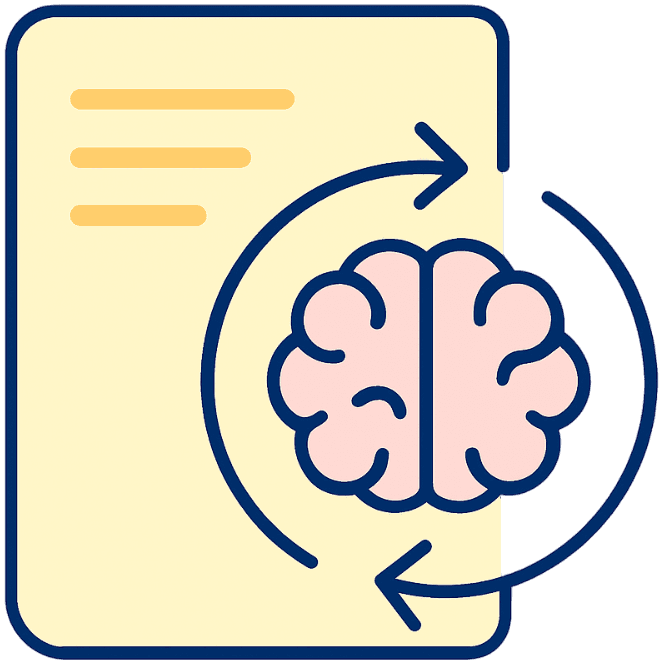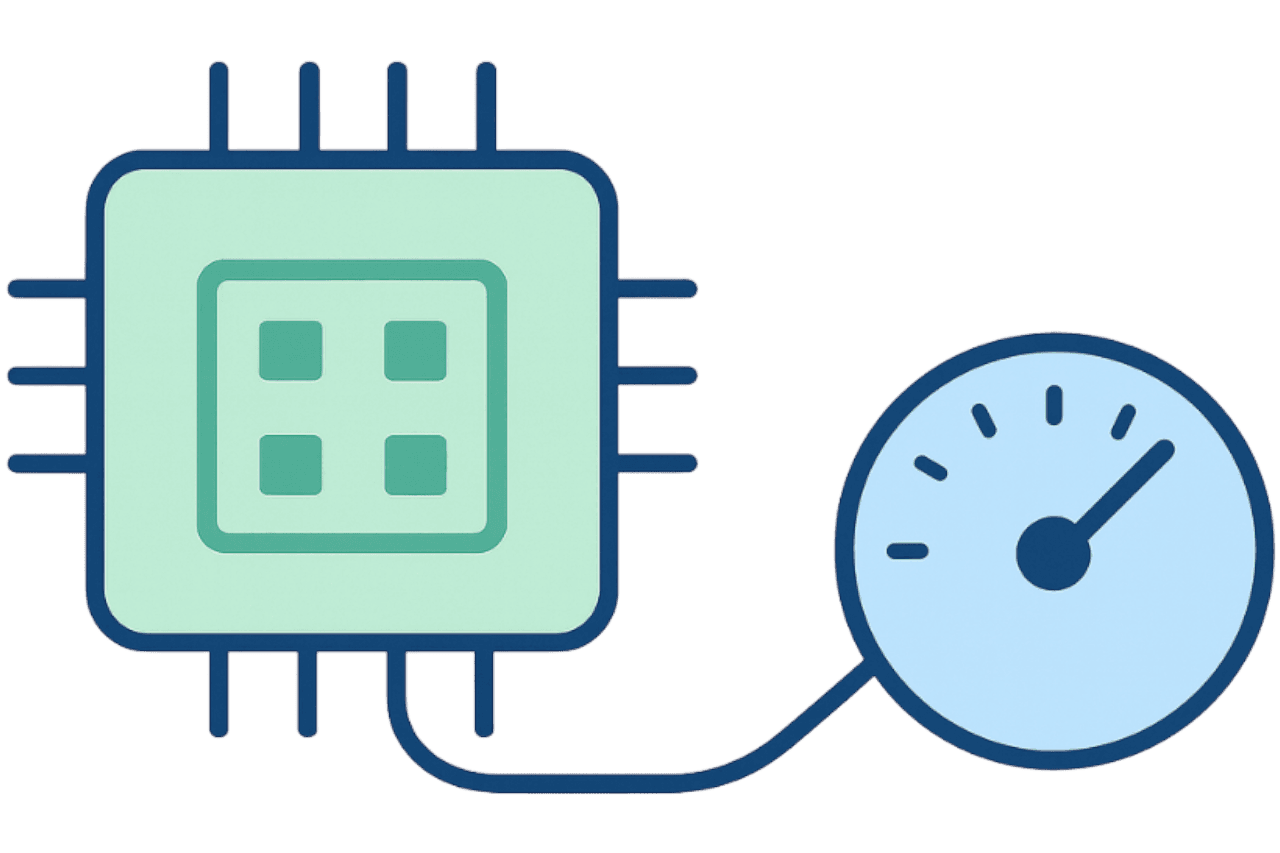
Designing Autonomous Research Loops for ML
We break down how Deepbox orchestrates experiment planning, evaluation, and iterative improvements without human oversight.
Deepbox is trained on massive collections of world-class ML models, neural networks, and deep-learning algorithms to serve as your expert researcher - interpreting data, adjusting architectures, and improving performance using its autonomous technical reasoning.
Deepbox is trained on massive collections of world-class ML models, neural networks, and deep-learning algorithms to serve as your expert researcher - interpreting data, adjusting architectures, and improving performance using its autonomous technical reasoning.

Deepbox integrates automated retraining pipelines with feedback-driven optimization. It leverages gradient-based fine-tuning and meta-learning routines to iteratively enhance model weights. Each training cycle incorporates evaluation metrics to drive architecture and hyperparameter adjustments without human intervention.

Deepbox is engineered for parallel compute efficiency using CUDA kernels, mixed-precision training, and optimized memory allocation. It scales seamlessly across multi-GPU environments with distributed data parallelism and asynchronous gradient synchronization. The system minimizes communication overhead to achieve near-linear throughput on large-scale workloads.

Deepbox runs systematic validation pipelines including cross-dataset tests, drift detection, robustness checks, and adversarial evaluation. It quantifies generalization error, stability under noise, and class-level failure modes. Metrics feed directly back into retraining loops to ensure consistent reliability in production environments.

Deepbox automatically detects statistical patterns, distribution shifts, and latent signal structures. It applies embedding transformations, normalization strategies, and domain-specific encoders optimized for downstream model performance. The system continuously re-evaluates feature relevance using SHAP-based attribution and gradient-level sensitivity analysis.
From the Blog
Recent publishing highlights on autonomous research workflows, infrastructure, and safety.

We break down how Deepbox orchestrates experiment planning, evaluation, and iterative improvements without human oversight.

Learn how adaptive scheduling keeps clusters saturated while cutting idle time across distributed model training.

Deep dive into the validation harness that stress-tests models for drift, adversarial attacks, and dataset mismatch.
Ready to try?
Watch it analyze, adapt, and optimize - applying data insights, architectural adjustments, and performance tuning autonomously.